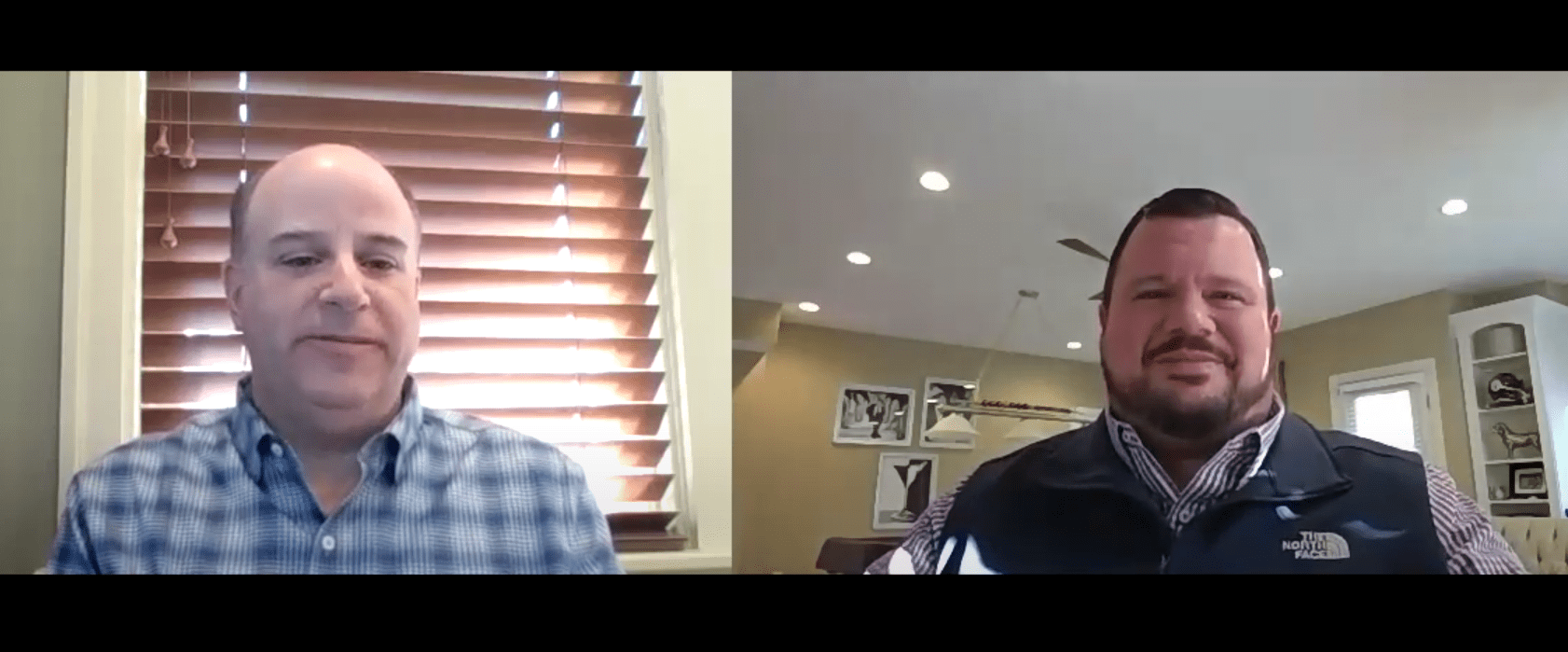
LGA Managing Partner John Geraci discusses the rules of changing your domicile with tax managing director Scott Sagan.
Determining your domicile, or residency, likely seems intuitive. It’s where you live, right? Well, actually, it can be more complicated than that, especially if you’re considering changing your domicile to take advantage of tax law in another state. John and Scott discuss a things to be aware of, whether you’re a snow bird considering making Florida your new domicile, about to sell a business or make a substantial purchase and some steps to take if you are ready to officially change your domicile.
—
Full transcript:
[John]: Hi, this is John Geraci, managing partner at LGA. And today I’m here with Scott Sagan, who’s a managing director in our tax department. Thank you for joining me today, Scott.
[Scott]: Great to be here, John.
[John]: So Scott, today, we’re going to talk just a little bit about domicile or a term that a lot of people typically, use residency. And this happens when you file federally in a state. You can be in multiple states, but there’s one state that’s considered sort of your home state. So what is sort of the definition of domicile?
[Scott]: Good question. So domicile generally refers to as a place where a person dwells, which is the center of their domestic, social and civic life. So it’s really where your heart is. You know, there’s a sort of saying, that home is where your heart is. That’s a good definition of domicile.
[John]: Historically there were always some people who lived part of the year in one state, part of the year in the other, typically warmer climates like Florida. That has sort of driven some of this conversation historically, but it seems like the activity has been picking up and more people are asking about it. Why is it such a hot topic these days?
[Scott]: Yeah, it’s definitely a topic that’s come up quite a bit. And generally, it’s driven by these lower tax states and in the Northeast where we are. It is generally driven by Florida and New Hampshire. There are a lot of people that are snowbirds that have been going to Florida and now thinking, ‘maybe that’s a good spot to establish their home’ – and the same thing with New Hampshire. A lot of people have homes up there; nice homes and they may want to make that their permanent domicile or their permanent residence.
[John]: So, what does one have to do exactly to establish this? I mean, ‘Hey, I’ve got a home there. It’s my domicile.’ Is it that simple? What do you have to do?
[Scott]: There are these checklists that are out there. There are quite a few items on it and you know, some of the bigger ones is that you should file a declaration of domicile in your home state. You should apply for homestead exemption, so you could only have one homestead. So if you already have a homestead filed in Massachusetts, you should revoke that and move it to your new state. You should register to vote. Those are some of the key ones. And then there’s also the very important detail that you change your driver’s license. You change your address, all of your banking records, and your credit cards. You tell the social security administration. If you’re a religious person, you probably should join a synagogue or a church and make that your center of, of your religious background. Move your valuables. If you have a safe deposit box and your local bank, you probably should move that to where you are trying to claim your domicile. And then importantly, you really have to spend at least 183 days in that new state. That’s the threshold. That is the bare minimum.
[John]: Yeah, that’s what I was going to ask. So let’s say somewhere in here, there’s gotta be something about the number of days. Cause obviously you do all those things and you spend a couple of weeks in that state. I’m not sure that’s going to be enough. So Scott, if somebody does all these things, and I mean, they are just textbook and they execute on all of those checklist items, is that sort of a guarantee, can they now claim that as their new domicile?
[Scott]: No, actually I wish it was, but a state like Massachusetts is looking for tax dollars, so they don’t take it lightly, that someone is just going to leave the state and start claiming that they’re a resident of Florida, for instance. They’ll particularly look at it if there’s some big transaction and you do it in the year before that. The other thing is that they have so many data points on you now, that if you own a substantial house still in your home state, your former home state, they know about it. They’re going to send out this questionnaire. And I’ve seen this questionnaire, and filled it out – it’s four pages long and it’s got a lot of questions. So they really want to make sure that the facts and circumstances support this change in domicile. And it’s not just done for tax reasons.
[John]: That’s a great point at the end of the day. I think we want to make sure people understand that if this is something you’re considering, you really need to plan for it. Similar to selling a business, you shouldn’t roll out of bed one day and decide you’re going to sell your business. You really can’t change your domicile state very easily. It takes some time to make sure that you dot all the I’s and cross all the T’s to perfect it as much as humanly possible. So this has been great, Scott, I think we’ve given some great information to get people thinking. If anyone would like to learn more, please reach out to Scott or anyone on our tax team. Let’s make sure that we go through the checklist and make sure that we think it’s a defensible position to the extent that you’re looking to change your domicile. So thanks for joining us. I appreciate your time, Scott and I will see you all soon.
[Scott]: Yep. My pleasure.





